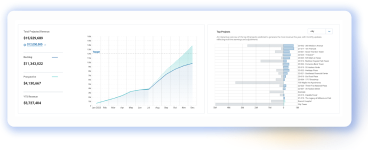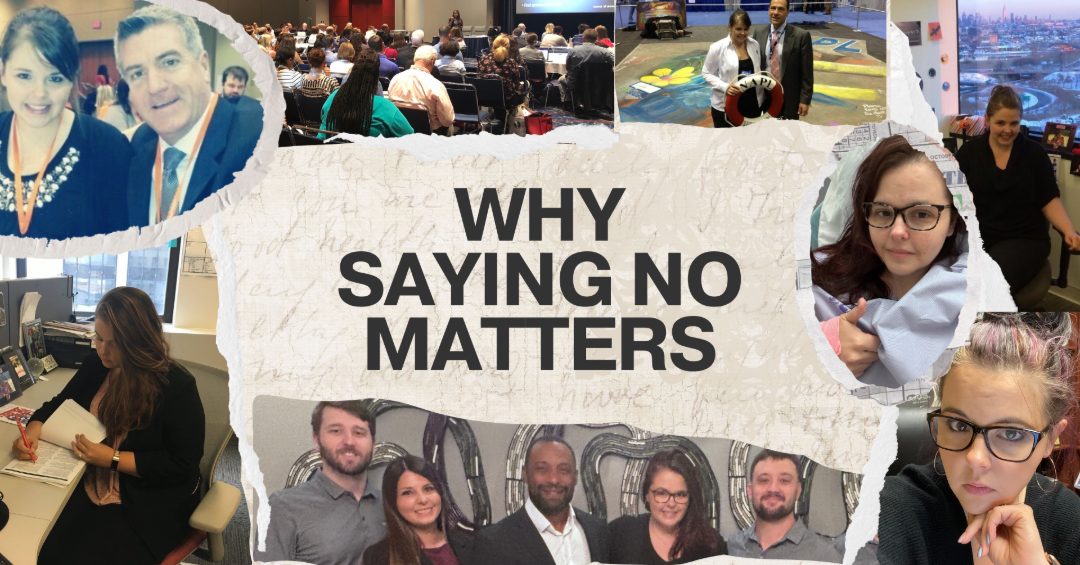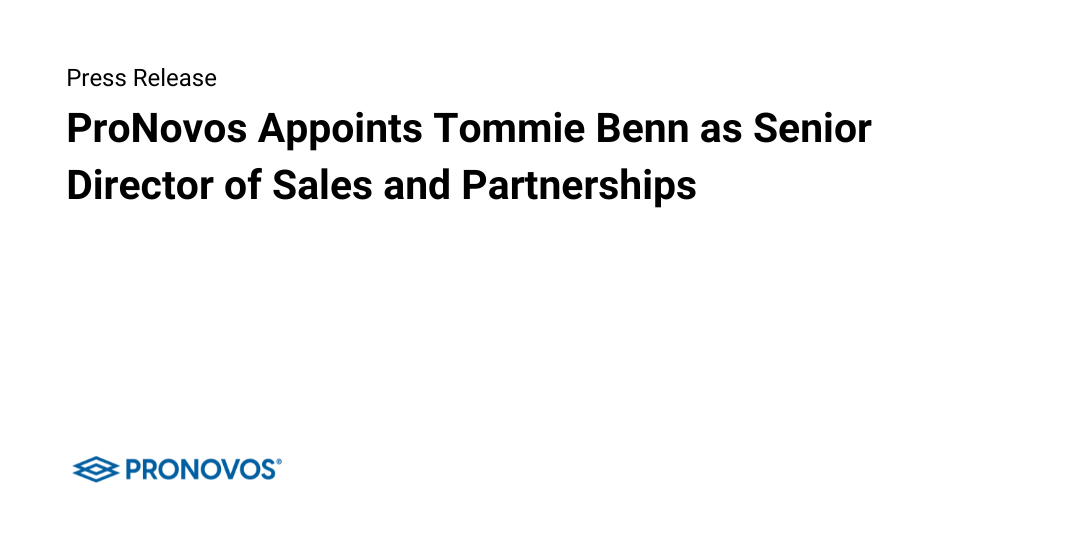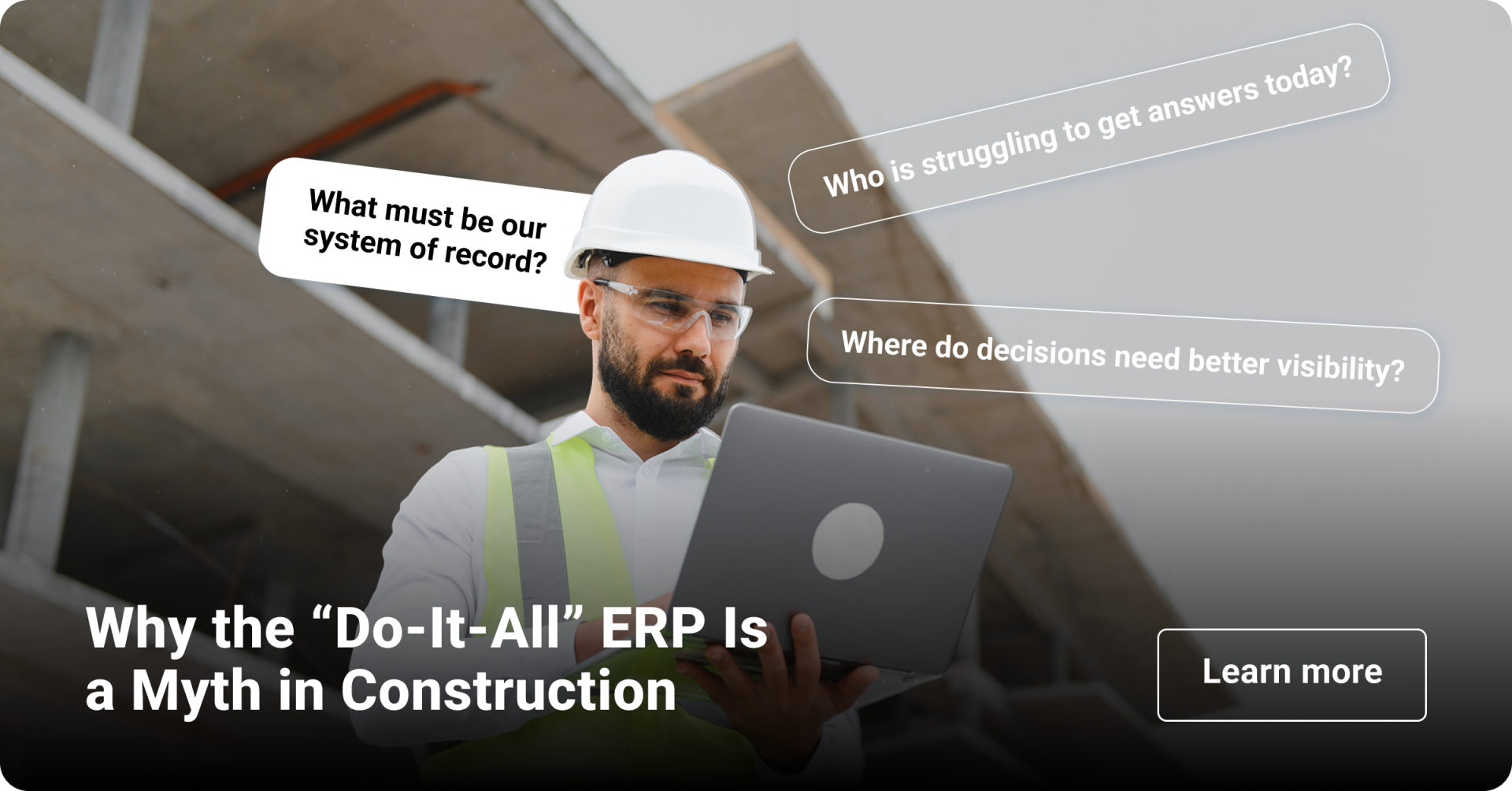With eight offices and more than 170 employees, VIATechnik aims to transform the analog world of design and construction into a digital platform. The company’s tools and services for AEC clients include the likes of digital twins, BIM, VR, AR, prefabrication, software development and digital construction management. VIATechnik has worked on more than 2,000 projects, including Apple’s new headquarters, the Tesla Gigafactory, LaGuardia Airport, Hudson Yards, the Atlanta Falcons Stadium and Chase Arena.
Such efforts require a steady stream of top talent, and D&I gives VIATechnik some advantages on that front, Dy Buncio says. Start with the company’s founder and CEO Danielle Dy Buncio, a Stanford graduate and AEC tech veteran who happens to be Dy Buncio’s spouse. “She is female and Hispanic, and so we have had talented jobseekers—especially those who are female—mention that they submitted their resume to us because they were awed by a female CEO.”
Since launching in 2012, VIATechnik has made good progress in creating an inclusive environment, Dy Buncio notes. “We have lots of people who are passionate about it. For example, we hired an amazing HR leader, Leia Henry-Camille, who cares about it from both a personal and professional standpoint. If your leadership team is aligned on D&I, it’s much easier to make progress.”
However, creating a diverse and inclusive workplace is an ongoing effort that requires continual questioning. Recently, Dy Buncio sent out a survey to better determine how VIATechnik employees view their workplace. He plans to share the results during the Autodesk University presentation.
“I told the team I wanted to put our money where our mouth is and do our own internal survey,” he said. “We may think we are doing well, but let’s gather the data, see how we can improve, and try to move the needle further.”
That intentional approach—defining problems and carefully listening to stakeholders rather than charging in with a predetermined solution—is fully consistent with VIATechnik’s methodology for benefiting its AEC clients, the COO notes. He also sees parallels between one of the hallmarks of honest inquiry on D&I—a willingness to embrace discomfort in the spirit of learning from and better connecting with one another—and VIATechnik’s company culture around valuing differing points of view, even if they clash.
“At VIATechnik, one of the things we really discourage is any kind of ‘yes person’ dynamic,” he explains. “When you’re solving hard problems, you get to a better outcome when you have diverse points of view and challenge each other.”
The executive also encourages his teams to embrace difficult challenges, an approach that stands to yield dividends on D&I as well. “D&I is a struggle in many directions, but that’s what keeps me going. I love struggles.”




